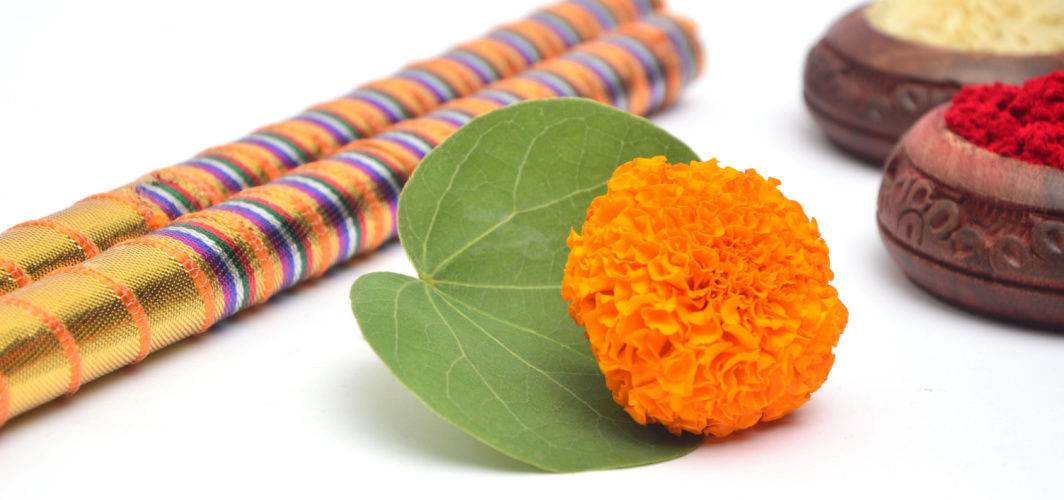Diabetes Management
What to Eat to Lower Blood Sugar?
3 min read
By Apollo 24|7, Published on - 12 October 2023, Updated on - 07 August 2024
Share this article
0
0 like

Apart from factors such as body weight, activity, stress and genetics; a healthy diet also plays a crucial role in diabetes management. While some foods that you consume can cause rapid fluctuation in your blood sugar levels, others promote sugar regulation and overall well-being. In this blog, we will explore a few food options that can help you lower your blood sugar levels. 
1. Fibre-rich foods: Incorporate fibre-rich foods, such as whole grains, oats, brown rice, and legumes, into your diet. Fibre helps slow down the absorption of sugar, preventing rapid spikes in blood glucose levels. It also promotes feelings of fullness, which can aid in weight management, which is a significant factor in blood sugar control.
2. Non-starchy Vegetables: Non-starchy vegetables like leafy greens, broccoli, cauliflower, and bell peppers can help you keep your sugar levels in check. These vegetables are low in carbohydrates and calories, yet they provide essential nutrients and fibre. They have a minimal impact on blood sugar levels.
3. Lean Protein: Opt for lean protein sources like skinless poultry, fish, tofu, and beans. Protein helps stabilise blood sugar by delaying digestion and promoting a gradual rise in glucose levels. Be mindful of portion sizes to avoid excessive protein intake, which can also affect blood sugar.
4. Healthy Fats: Include sources of healthy fats in your meals, such as avocados, nuts, seeds, and olive oil. These fats support overall health and can help improve insulin sensitivity. However, moderation is key here since fats are calorie-dense.
5. Berries: Berries like blueberries, strawberries, and raspberries are rich in antioxidants and fibre, making them excellent choices for managing blood sugar. They have a lower glycemic index compared to some other fruits, which indicates that they have a milder impact on blood glucose levels.
6. Cinnamon: Adding cinnamon to your diet may help improve insulin sensitivity and lower blood sugar. You can sprinkle it on oatmeal, or yoghurt, or use it as a flavour enhancer in various dishes.
7. Water: Staying hydrated is crucial for blood sugar control. Dehydration can lead to elevated blood sugar levels, hence, aim to drink plenty of water throughout the day.
9. Whole Foods: Ensure consumption of whole and unprocessed foods. Processed foods often contain added sugars and refined carbohydrates that can cause rapid blood sugar fluctuations.
Conclusion
Regular monitoring of blood sugar levels can also help you understand how different foods affect you personally, enabling better blood sugar management. By making informed food choices and adopting a balanced, healthy diet, you can take control of your blood sugar levels and support your overall well-being. Individual dietary needs can vary, and it is essential to work with a healthcare provider or a registered dietitian to create a personalised meal plan that suits your specific situation and preferences.
Diabetes Management
Consult Top Diabetologists
View AllLeave Comment
Recommended for you
.jpg?tr=q-80)
Diabetes Management
Hand Hygiene - Importance of for diabetics?
Hand hygiene forms an essential part of diabetic hygiene care. For individuals with diabetes, maintaining impeccable personal hygiene is not just about cleanliness, but also about managing one's condition effectively. It's crucial for preventing infections and complications. Dive in to understand the importance of personal hygiene for diabetic patients, and learn practical ways to incorporate better hygiene into your daily routine.

Diabetes Management
How To Stay Energised During Dandiya Night?
To stay energised during Dandiya nights, it's essential to focus on hydration, comfortable clothing, and balanced nutrition. Hydrate well to maintain stamina, choose comfortable attire that allows free movement, and have a balanced meal before the event. Opt for light, energy-stabilising snacks during the night and take short breaks to prevent overheating. If you have diabetes, monitor your blood sugar levels, and ensure you have a light, balanced snack to replenish your energy as the night concludes.

Diabetes Management
What is the 'MODY' Condition?
MODY, or Maturity-Onset Diabetes of the Young, is a distinct genetic form of diabetes emerging before age 25. MODY is a hereditary disease following an autosomal dominant pattern. Its clinical variability, comprising different genetic subtypes, complicates diagnosis. One of the reasons why it is difficult to diagnose is because of overlapping symptoms with other forms of diabetes, necessitating genetic testing. Tailored treatment approaches address specific MODY subtypes, highlighting the significance of accurate diagnosis for effective management in this unique and often familial form of diabetes.
Subscribe
Sign up for our free Health Library Daily Newsletter
Get doctor-approved health tips, news, and more.
Visual Stories

8 Fruits That are Incredibly Healthy for Diabetes
Tap to continue exploring
Recommended for you
.jpg?tr=q-80)
Diabetes Management
Hand Hygiene - Importance of for diabetics?
Hand hygiene forms an essential part of diabetic hygiene care. For individuals with diabetes, maintaining impeccable personal hygiene is not just about cleanliness, but also about managing one's condition effectively. It's crucial for preventing infections and complications. Dive in to understand the importance of personal hygiene for diabetic patients, and learn practical ways to incorporate better hygiene into your daily routine.

Diabetes Management
How To Stay Energised During Dandiya Night?
To stay energised during Dandiya nights, it's essential to focus on hydration, comfortable clothing, and balanced nutrition. Hydrate well to maintain stamina, choose comfortable attire that allows free movement, and have a balanced meal before the event. Opt for light, energy-stabilising snacks during the night and take short breaks to prevent overheating. If you have diabetes, monitor your blood sugar levels, and ensure you have a light, balanced snack to replenish your energy as the night concludes.

Diabetes Management
What is the 'MODY' Condition?
MODY, or Maturity-Onset Diabetes of the Young, is a distinct genetic form of diabetes emerging before age 25. MODY is a hereditary disease following an autosomal dominant pattern. Its clinical variability, comprising different genetic subtypes, complicates diagnosis. One of the reasons why it is difficult to diagnose is because of overlapping symptoms with other forms of diabetes, necessitating genetic testing. Tailored treatment approaches address specific MODY subtypes, highlighting the significance of accurate diagnosis for effective management in this unique and often familial form of diabetes.

